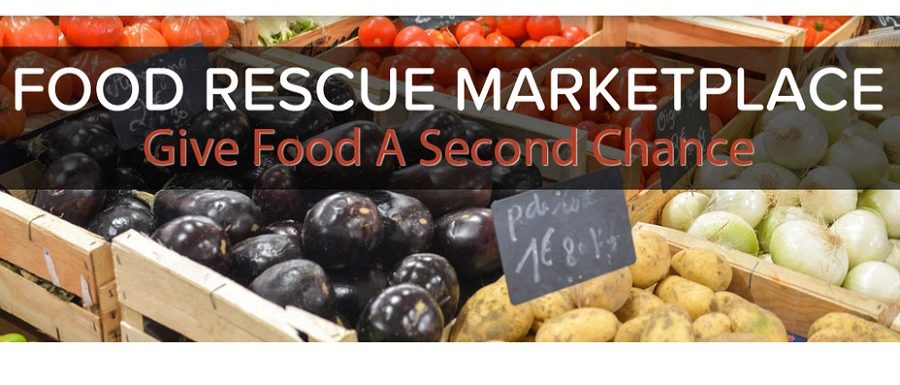Mesh Exchange – FoodMesh – Food Recovery Platform

Projects Sponsor
What Mesh Exchange CEO, Co-Founder Jessica Pautsch did with her food recovery platform is take the old maxim “Waste not, want not” straight into the 21st Century. After all, if technology can get that guy at the office a date — you know the guy I mean — on a Saturday night, and get you a cab on New Year’s Eve, it should be able to find some perfectly good food a better home than the garbage.
It’s not exactly an apple falling on the head, but it’s close. The idea for the FoodMesh app came to Ms Pautsch quite suddenly when she learned the that 2 full shipping containers of edible produce had fallen into the hands of a compost company because the goods were too ripe when they arrived at their original destination. The compost company told Jessica that this was a regular occurrence and that on occasion food even ends up in landfills due to capacity issues alone. Sometimes there is just too much of a perfectly good thing on hand and no ready market for it so into the bin it goes.
Four months of investigating showed Ms Pautsch and her team that there is not so much a food shortage problem, as there is a distribution and connection problem. More research studying the root causes of commercial food waste, the main players, and how a technology solution could both address the root causes for avoidable food waste, while being adopted as a viable business solution, followed.
Ultimately what emerged from that process — which included formal consultation with industry consultants, a market feasibility study, formal focus groups, 2 pilot programs. 2 customer surveys. 30+ one-on-one interviews — is FoodMesh, a matchmaking and e-commerce platform that allows suppliers to sell or donate unsold product in a safe and intelligent way. Aided by FoodMesh, users follow brands and products that they trust and get notified when they come available, making the whole supply chain more efficient. Mesh matches product to the appropriate end users.
The objective of FoodMesh is to re-route food to the highest end user (which includes humans, animal, industrial or waste segments, depending on quality/state of product) in order to create a closed loop food system and ensuring no food ends up in landfill due to supply chain inefficiencies.
FoodMesh is a social impact business, not a non profit. Ms Pautsch has been a steadfast proponent of social enterprise model for her whole career, and has educated stakeholders on why they chose the social enterprise model instead of a non profit.
BC Food Banks, and compost companies initially saw FoodMesh as a threat, but when the mutual benefits of the venture were properly articulated to them, they partnered with FoodMesh and became advocates.
At present FoodMesh reports that 56 businesses and charities are registered with them, 134,058 meals (based on a 600g serving) have been created, 80,438 KG of food have been divvied up, not dumped, $720,515 has been saved, and 15,816 Kg of CO2 have been diverted. They plan to bring the solution to Toronto and beyond in the near term.
It’s about getting an empty plate to the right spot, at the right time, before the food hits the floor, and now we can say “There’s an app for that!”
















